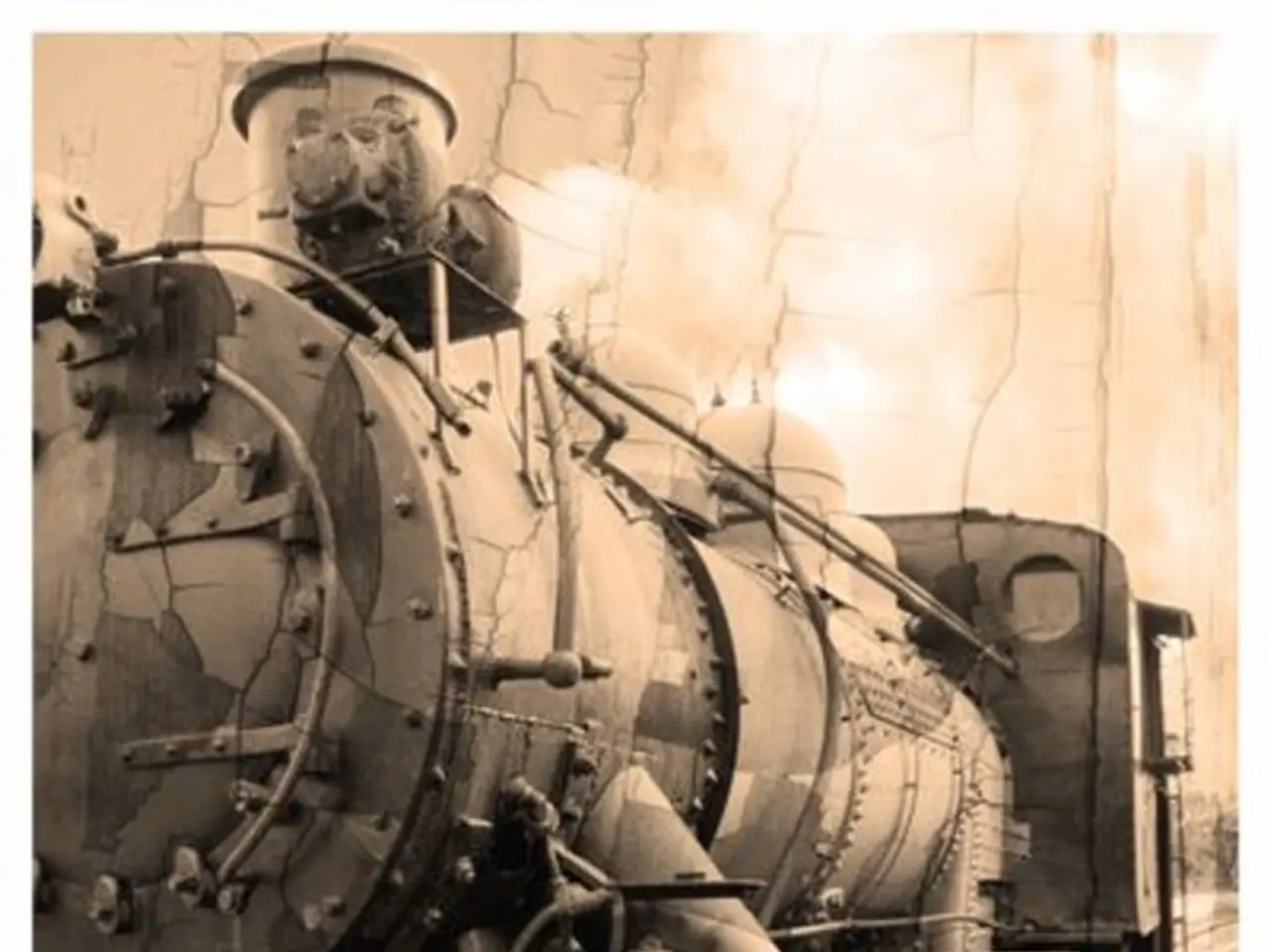Unravelling the EU's Trade Shift with Ukraine: Implications and Insights
EU Revokes Tariff Benefits for Ukraine
As the EU lets go of trade concessions for Ukraine, it's time to unpack the potential fallout for Ukraine's economy and the future of EU-Ukraine relations.
Economic Consequences for Ukraine
Ukrainian agricultural organizations are bracing for billions in losses, with estimates indicating declines in economic performance of around 2.5% this year. The anticipated slide in foreign exchange earnings could reach up to 3.3 billion euros [Source: 1]. The EU Commission, however, believes Ukraine stands a good chance of restoring pre-war trade levels with the reopened Black Sea ports [Source: 2].
Lifted Concessions and the Resurfacing Controversies
лаврик воркы! The EU provided duty-free imports for nearly 100 days post the Russian invasion in Feb 2022, primarily focusing on agricultural products. However, last year's trade facilitation measures were extended with stricter rules on certain food imports. This led to complaints from European farmers, particularly in Eastern neighboring countries like Poland and Hungary [Source: 3].
The District-Imbalance Problem
The discussion over the reinstatement of tariffs on Ukrainian goods has rekindled political tensions within the EU. Central European countries, including Poland, have highlighted concerns regarding cheap Ukrainian agricultural exports disturbing their domestic markets [Source: 4]. If you're wondering what's the big deal, these disrupted markets are significant for the EU's total trade with Ukraine [Source: 5].
The Post-Lapse Rules
The tariff quotas of the 2016 agreement are back in play. With seven twelfths of the annual quantities available until the end of 2025, the EU Commission is actively working towards a new agreement, considering concerns raised by European farmers and certain member states [Source: 2].
Future of Trade negotiations
Negotiators from the EU and Ukraine are holding talks for a permanent trade agreement. Ukraine faces increased pressure to reach a satisfactory conclusion quickly, as the expiration of previous concessions increases the stakes [Source: 3]. Trade politician Bernd Lange (SPD) is hopeful about a swift resolution to the talks [Source: 3].
In these tumultuous times, it's important to keep a cool head and remember that every challenge presents an opportunity. For Ukraine and the EU, now seems to be the time to craft a trade framework that balances the needs of both parties, fostering economic growth and strengthening political ties.
- The post-war trade shift between the EU and Ukraine has sparked controversies within the EU, as stricter rules on certain food imports have led to complaints from farmers in Eastern member countries like Poland and Hungary.
- Amidst the ongoing trade negotiations, Ukraine is under pressure to reach a satisfactory conclusion with the EU quickly, as the expiration of previous concessions has increased the stakes.
- The reinstatement of tariffs on Ukrainian goods has resurfaced political tensions within the EU, with Central European countries like Poland raising concerns about cheap Ukrainian agricultural exports disrupting their domestic markets, which are significant for the EU's total trade with Ukraine.








